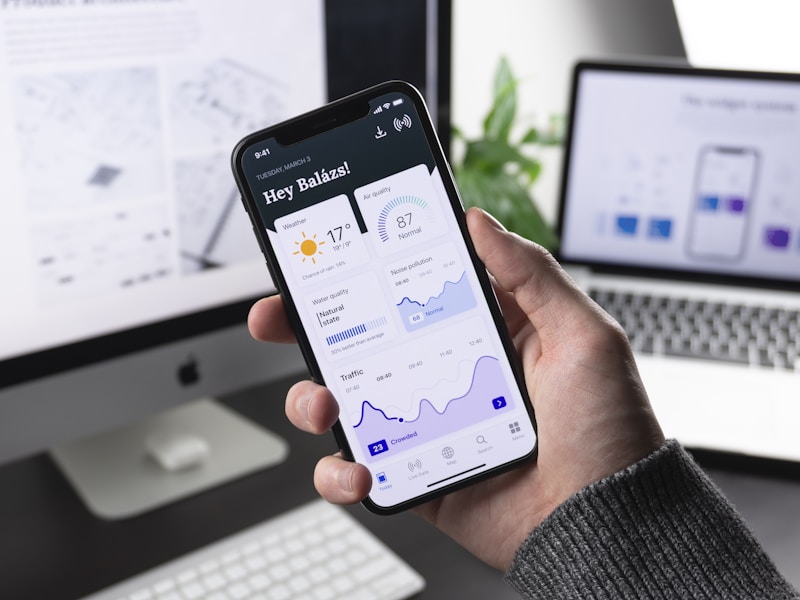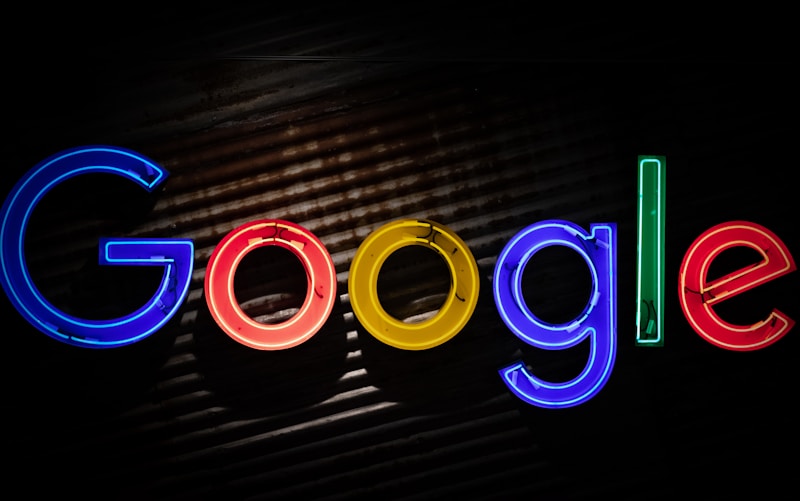Apple Intelligence was supposed to be the company's ChatGPT moment. Instead, it arrived late, underpowered, and with more promises than actual functionality. For a company that loves to mock competitors before releasing superior products, Apple suddenly looks like it's playing catch-up in the worst possible way.
The Great Siri Disaster of 2011-2025
Siri launched in 2011 as revolutionary voice assistant technology. Fourteen years later, it's still struggling with basic requests while Google Assistant and ChatGPT handle complex, multi-step conversations. Apple spent over a decade and billions in R&D to create an AI assistant that can't reliably set multiple timers.
The problem isn't just technical incompetence - it's institutional. Apple's secrecy culture and control-freak tendencies actively work against AI development, which requires massive datasets, rapid iteration, and open collaboration with researchers. You can't build competitive AI in a black box while competitors share research and poach your talent.
Internal sources describe two competing projects: "Linwood" (Apple's internal AI effort) and "Glenwood" (external partnerships). The fact that Glenwood is winning shows even Apple's own engineers don't believe in their AI capabilities.
Google's Genius Move: Trojan Horse AI
Google isn't just helping Apple - they're executing a brilliant strategy to get Gemini AI into every iPhone. While Apple users think they're avoiding Google's data collection, they'll actually be feeding their most intimate conversations directly to Google's AI systems.
The "custom Gemini model running on Apple servers" sounds like privacy protection, but it's really just marketing bullshit. Google will still train their models on aggregate usage patterns, improving Gemini while Apple gets stuck with a static version that becomes outdated within months.
Industry reports indicate that Google is actively testing this custom version, which means they're already treating Apple users as unwitting beta testers. Apple's "privacy-first" positioning becomes a joke when they're literally outsourcing their AI brain to the world's biggest data collection company.
The Talent War Apple Is Losing
Here's the dirty secret nobody talks about: Apple can't compete for AI talent. OpenAI, Anthropic, and Google offer equity packages and research freedom that Apple's bureaucratic culture can't match. Top AI researchers want to publish papers, attend conferences, and collaborate openly - everything Apple's NDAs and secrecy policies prohibit.
Apple tried to solve this with money, offering $300K+ salaries for AI researchers. But money can't fix a culture where promising AI projects get killed because they might cannibalize existing products or reveal too much about future plans.
The result? Apple's AI team is mostly second-tier talent working on derivative research while the best minds go to companies that actually understand how AI development works in 2025.
Privacy Theater vs. Reality
Apple's privacy messaging around this partnership is pure marketing theater. Running Gemini on Apple servers doesn't magically make it private - it just changes where the data gets processed, not how it gets used for training future models.
Google will still get:
- Aggregate usage patterns to improve Gemini
- Feature requests and failure cases for product development
- Conversational data for training (anonymized but still valuable)
- Market intelligence about what iPhone users actually want from AI
Meanwhile, Apple users get the illusion of privacy while their data trains the AI systems of Apple's biggest competitor. It's the perfect example of Apple's marketing team writing checks their engineering team can't cash.
The Nuclear Option: Admitting Defeat
For Apple to publicly partner with Google on AI represents an unprecedented admission of failure. This is the company that spent years mocking "complicated" Android phones while building iOS, that dismissed subscription music services before launching Apple Music, and that called styluses antiquated before releasing the Apple Pencil.
Now they're basically saying "Google does AI better than us, please help" after spending years positioning themselves as the privacy-conscious alternative to Google's data collection.
Alphabet stock jumped 4% when this news broke, while Apple's barely moved. The market sees exactly what this is: Google winning the long game while Apple scrambles to stay relevant in AI.
What This Means for iPhone Users
If this partnership happens, iPhone users will get a better AI assistant, but at the cost of everything Apple claimed to stand for regarding privacy and independence. Siri will finally be able to handle complex requests, but every conversation will feed Google's AI development.
The integration won't happen until 2026 at the earliest, meaning iPhone users get to suffer with broken Siri for another year while Android users enjoy functional AI assistants. By the time Apple ships Gemini-powered Siri, Google Assistant will have moved on to even more advanced capabilities.
It's the perfect metaphor for Apple's AI strategy: always a day late and a billion dollars short, but with excellent marketing to convince people it was worth the wait.


